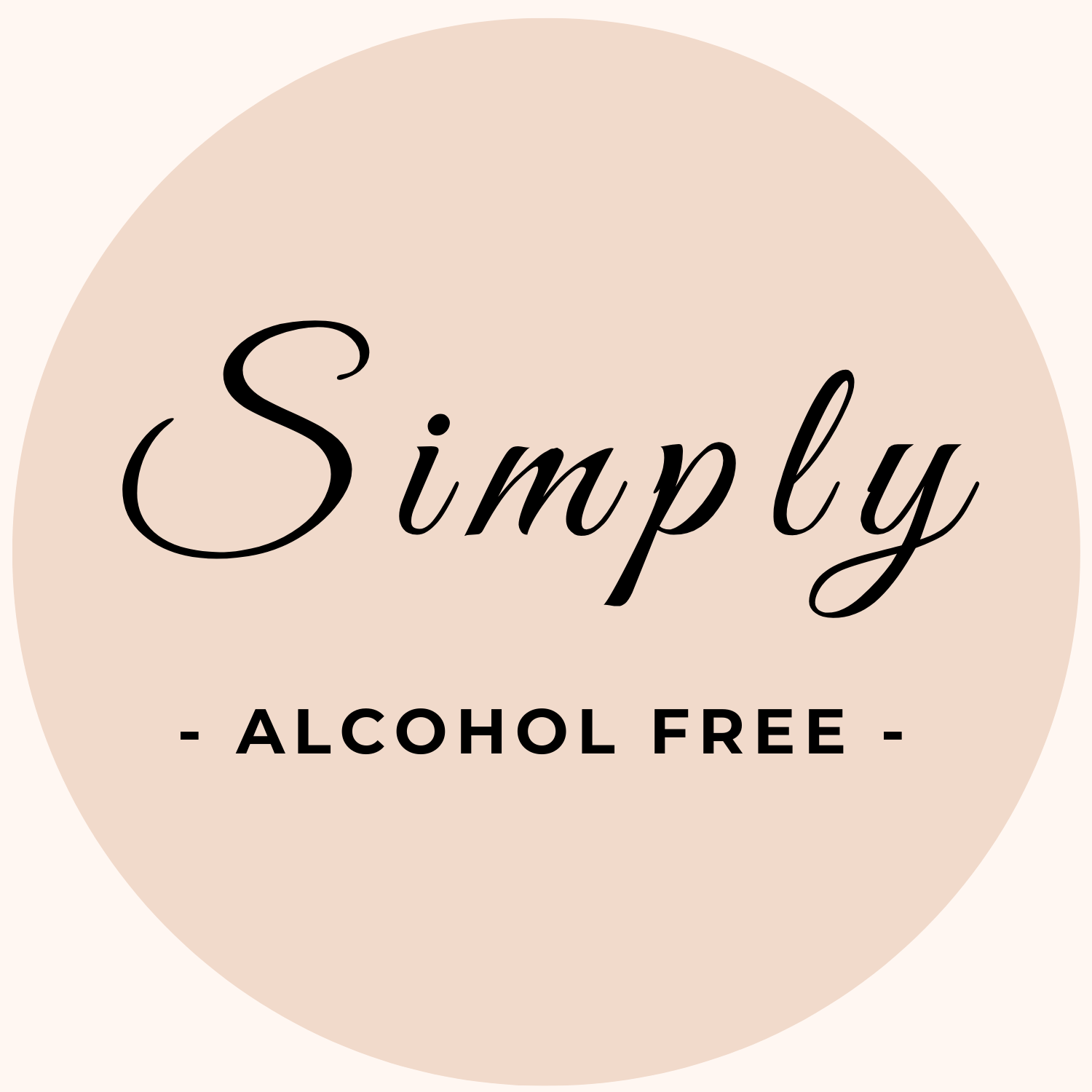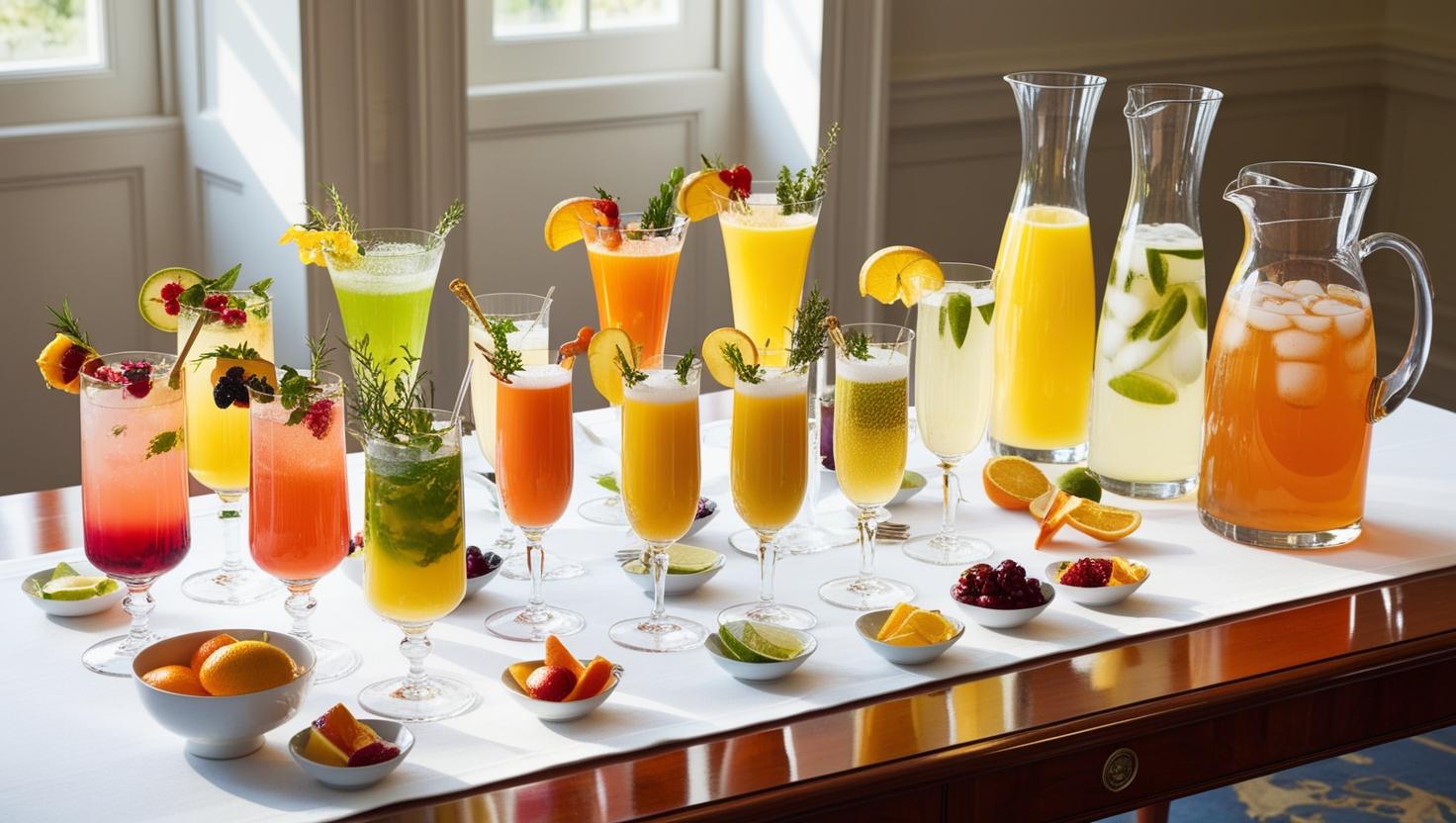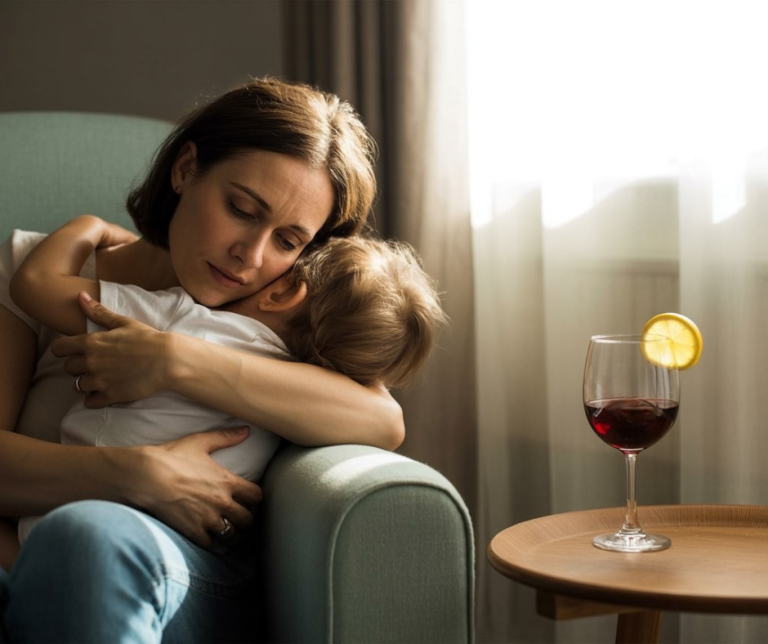Deciding to quit drinking alcohol is a massive step, and if you live in the UK where pub culture and social drinking are a large part of day to day life, adjusting to an alcohol free lifestyles can feel daunting.
If you’re wondering how long it takes to adjust to living without alcohol, the short answer is: it’s different for everyone. However, there are common stages most people experience as they transition to an alcohol-free life.
Here, we’ll walk you through what to expect in the first few days, weeks, and months after quitting drinking, and make suggestions as to how to make the adjustment easier.
What Happens When You Quit Drinking?
We have touched on this briefly previously but it is worth mentioning again.
The First 72 Hours: Physical Withdrawal (if you have been a heavy drinker, this may not apply to everyone).
In the first few days after quitting alcohol, your body begins a rapid healing process. You might experience withdrawal symptoms like:
- Sweating
- Anxiety – This is common one among many who decide to give up alcohol.
- Insomnia – Also common
- Headaches
- Shaking
If you were a heavy drinker, it’s important to speak to a doctor before quitting suddenly, as withdrawal can be dangerous.
By 72 hours…
…after your last drink, many people notice that their heart rate stabilises, blood pressure drops, and sleep slightly improves (although disrupted sleep is still common early in the alcohol free journey. It does get better so stick with it. Alcohol does not “help” you sleep but has a “sedative” effect, and the quality of sleep is generally poor if induced by alcohol consumption).
Week 1 to Week 4: Emotional and Social Adjustments
The first month is often the hardest emotionally when adjusting to life without alcohol.
You may face:
- Mood swings
- Cravings
- Difficulty sleeping
- Anxiety or boredom
You are changing habits, and by their very nature they don’t like change.
Social life can feel like a major challenge, especially in the UK where nights out often centre around alcohol. However, many people discover alcohol-free drinks (the UK market is booming with alcohol-free beers, wines, and spirits) and start building new routines that don’t revolve around drinking.
By the end of the first month…many people notice:
- Improved skin health
- Better sleep quality
- Possible weight loss
- Increased mental clarity
Three Months: Building a New Normal
After about 90 days alcohol-free, many people experience a major shift.
Cravings usually decrease, mood improves, and living without alcohol starts to feel normal.
At this stage, you may also:
- Discover new hobbies
- Build deeper, more meaningful relationships
- Enjoy better physical fitness
- Feel more in control of your life
Six Months to One Year: Thriving Without Alcohol
By six months, most people feel fully adjusted to an alcohol-free lifestyle. You might rarely think about drinking anymore, and the benefits really stack up:
- Lower blood pressure
- Reduced risk of liver disease and certain cancers
- Stronger immune system
- Increased self-confidence and mental resilience
At the one-year mark, many people say they feel healthier, happier, and more fulfilled than they ever did when drinking.
How to Adjust to an Alcohol-Free Life More Easily
If you want to speed up the process and make adjusting to life without alcohol smoother, here are some tips:
- Find and remember your “why”: Keep reminding yourself why you chose an alcohol-free life.
- Build a support network: Join online communities or attend local alcohol free meetups and events. A quick Google search or look on Facebook will generally find you something within or near your area.
- Explore alcohol-free alternatives: The UK now offers a huge range of 0% beers, ciders, wines, and spirits.
- Create new routines: Find ways to relax and celebrate that don’t involve alcohol.
- Reward your progress: Celebrate key milestones like 30 days, 90 days, and 6 months.
FAQs: Adjusting to Life Without Alcohol
How long does it take to stop craving alcohol?
For most people, cravings decrease significantly within the first three months. Some mild cravings can linger longer, but they become much easier to manage over time as you learn to develop new personal skills in managing trigger situations.
Is it normal to feel emotional after quitting drinking?
Yes, very normal. Alcohol often numbs emotions, so without it, feelings can come flooding back. Over time, emotional resilience improves naturally. You will learn to sit with your feelings and process them rather than bury them deep under alcohol.
Can you still have a social life without drinking?
Absolutely!
Many people find they have a better social life after quitting and may well find themselves involved in activities that they never would have thought were possible while they were drinking. Plus, more UK pubs, restaurants, and bars now offer excellent alcohol-free options.
Will I always miss drinking?
At first, maybe, but over time, most people report that they don’t miss it at all and are grateful for the positive changes. In fact, some will not even think about it even in passing. The habits are changed completely and alcohol no longer forms part of their routine.
Final Thoughts: How Long It Really Takes
Adjusting to an alcohol-free life is a journey, not a race.
In the UK, where alcohol is deeply embedded in culture, it can take several months to feel fully comfortable living alcohol-free. However, the benefits, better health, stronger relationships, more energy, and greater self-respect, more confidence, and so much more are more than worth it.
Whether you’re thinking about quitting drinking or you’re already a few days in, know this: every day alcohol-free is a massive achievement.
Stick with it, and life without alcohol will become your new normal, and likely, a much happier one.







